Articles of Association / Company Incorporation


Companies are formed through the legal process of incorporation. A company is a separate legal entity - i.e. the company's income, assets and liabilities are separated from its owners and investors. The following are 10 issues to consider prior to incorporation:
1. Which is the right jurisdiction for incorporation? One should take into account the place of business of the company and the tax implications. In addition, one should also consider the corporate structure (e.g. whether a holding company is required in a tax-efficient jurisdiction).
2. Choose the type of company that best fits the company's purpose:
3. What is the proposed date of incorporation? One should not commence business under the company's name until the date of incorporation.
4. What is the proposed name of the Company? One should also pick an alternative name for the Company in case it may not possible to register a chosen name.
5. Will the Company use a business name that is different from the company name? If so, one should register the business name as a trading name and if possible a trademark.
6. Outline the business or activities which will be carried on by the Company. One should consider whether to place any restrictions on the Articles of Association on the basis of the outline.
7. Will the Company be a public or private company (additional regulations apply to public companies)?
8. If private, should one incorporate a single-member company or a company with more than one shareholder? Single shareholder companies are now permitted in many jurisdictions.
9. Where will the registered office of the Company be (the registered office must be at the place of incorporation)?
10. Where will the statutory registers of the Company (e.g. register of members) be kept if not at the registered office?
The M&A of the company consists of the Memorandum of Association and the Articles of Association of the Company.
The Memorandum of Association is the document that establishes the company. The memorandum confirmed that the subscribers wished to establish a company under the Company Law and agreed to become the first members of the company. For companies limited by shares, the subscribers promise to buy at least one share each. The Memorandum of Association is usually in a standard form, which would include the following information:
The Articles of Association stipulate the company's operation, management and ownership. It clarifies how the company is to be operated, managed and owned by its members. Certain articles may limit the power of the company, which can be useful in case of disagreements amongst shareholders and directors on the direction of the Company. In particular, shareholders may want to ensure that the directors will not be able to pursue certain courses of action without shareholders' approval. A typical Articles of Association would include the following:
It is common for companies to adopt the simplified form as suggested by the Companies House / Registry. The simplified form is prepared on the assumption that the company adopting it will simplify its administration as far as possible. For example,
(a) the company has only one class of shares and they are all fully paid up;
(b) the company has no management committees; and
(c) directors are not permitted to appoint alternates and attorneys.
1. Does the Company wish to have:
(a) a full form of articles of association; or
(b) a simplified form of articles of association adopting the standard sample provided by Company House / Registry, by reference?
2. If the Company is a private company should the articles of association contain pre-emption rights on the allotment of shares?
3. Should the articles of association contain pre-emption rights on the transfer of shares, and if so what should they be?
4. If the Company is to be a subsidiary should control provisions be included in the articles e.g. parent company able to appoint directors directly or veto certain decisions of the board of directors?
5. Is it intended that the Company will be listed on the Stock Exchange in the near future?
6. Are there to be any special quorum provisions for shareholder meetings?
7. Should the articles of association state that the number of directors shall not be less than two unless otherwise determined by the ordinary resolution of the company? If not please specify the minimum and/or the maximum number of directors (if any).
8. Should directors be empowered to appoint "alternate directors" to act in their absence?
9. If the Company is to be a public company or a subsidiary of a public company should directors be required to retire when reaching the age of 70 unless the shareholders specifically approve they are continuing in office?
10. Are directors to retire by rotation (if rotation provisions do apply, one-third of the directors normally retire by rotation each year.)?
11. Are any limits to be placed on the directors' power to borrow and if so what should they be?
12. Should the articles of association authorise the directors to allot shares?
13. If the authority to allot shares is to be contained in the articles please provide details of the maximum amount which can be allotted and the duration of the authority (maximum 5 years).
14. Is the chairman of directors to have a casting vote at board meetings?
15. Are there to be any special quorum provisions at meetings of the board of directors and if so what should they be (it is normal to provide that the quorum at a board meeting may be fixed by the directors and unless so fixed is two.)?
16. Should the articles permit telephone / video conference board meetings?
The final steps of setting up a company (once registered in the Company House / Registry) are to convene a board meeting and shareholders meeting / written resolutions to approve the first resolutions of the Company. This includes the increase in authorised capital, change of company name, change of memorandum of association, change of articles of association, empowerment of directors and allotment of securities.
Not the right document?
Don’t worry, we have thousands of documents for you to choose from:

10 Jun 2022
6 min read

2 Jun 2022
6 min read

27 May 2022
6 min read

20 May 2022
6 min read

9 May 2022
6 min read

3 May 2022
3 min read

25 Apr 2022
5 min read

31 Mar 2022
1 min read

29 Mar 2022
1 min read

20 Mar 2022
6 min read

12 Mar 2022
5 min read

21 Feb 2022
5 min read

31 Jan 2022
5 min read

13 Jan 2022
4 min read

3 Jan 2022
5 min read

7 Dec 2021
11 min read
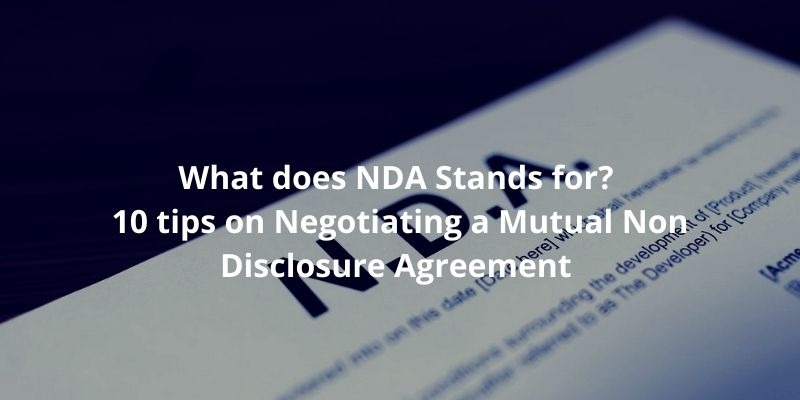
14 Nov 2021
6 min read

1 Nov 2021
9 min read

21 Oct 2021
1 min read

17 Oct 2021
7 min read
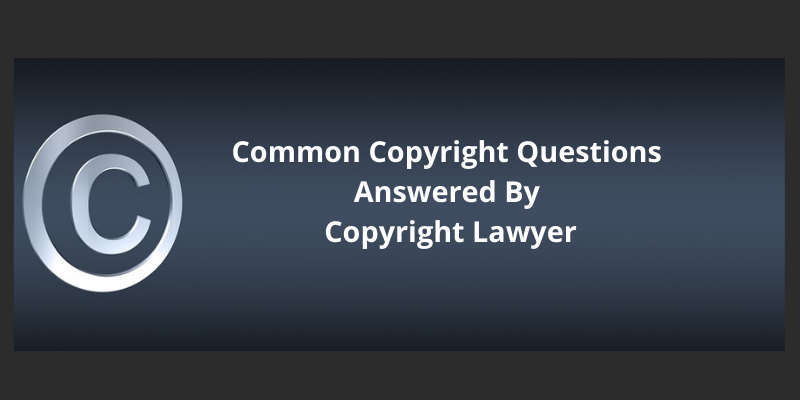
7 Oct 2021
12 min read

16 Sep 2021
4 min read

14 Sep 2021
5 min read

10 Sep 2021
3 min read

31 Aug 2021
4 min read

23 Aug 2021
3 min read

16 Aug 2021
5 min read

30 Jul 2021
6 min read

23 Jul 2021
7 min read

13 Jul 2021
5 min read

2 Jul 2021
5 min read

24 Jun 2021
5 min read

15 Jun 2021
4 min read

4 Jun 2021
6 min read

28 May 2021
5 min read

21 May 2021
5 min read

14 May 2021
5 min read

7 May 2021
5 min read

30 Apr 2021
5 min read

23 Apr 2021
5 min read

16 Apr 2021
5 min read

9 Apr 2021
5 min read

1 Apr 2021
5 min read

26 Mar 2021
4 min read

19 Mar 2021
5 min read

12 Mar 2021
5 min read

5 Mar 2021
6 min read

26 Feb 2021
5 min read

19 Feb 2021
6 min read

11 Feb 2021
5 min read

29 Jan 2021
6 min read
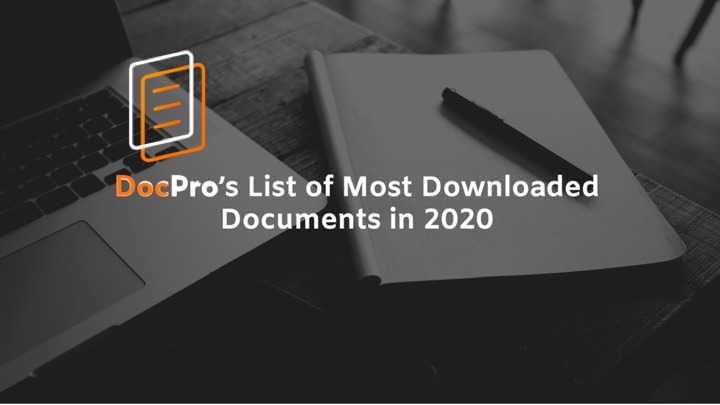
29 Jan 2021
3 min read

22 Jan 2021
6 min read

15 Jan 2021
6 min read

8 Jan 2021
6 min read

31 Dec 2020
6 min read

24 Dec 2020
0 min read

24 Dec 2020
7 min read

18 Dec 2020
6 min read

11 Dec 2020
6 min read

4 Dec 2020
6 min read

27 Nov 2020
6 min read

27 Nov 2020
7 min read

22 Nov 2020
7 min read

13 Nov 2020
8 min read

12 Nov 2020
8 min read
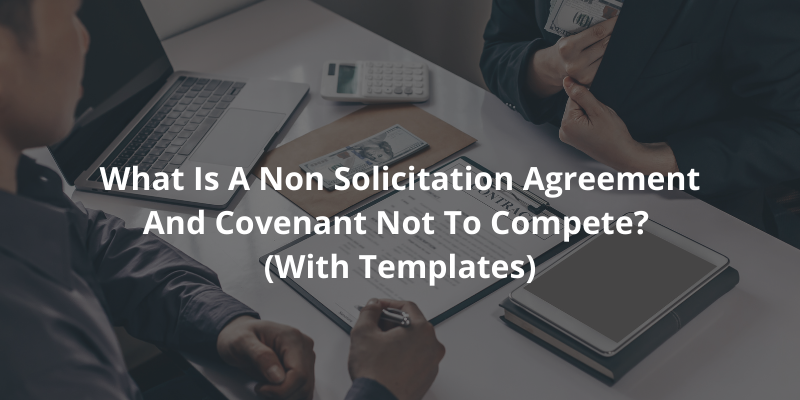
7 Nov 2020
8 min read

5 Nov 2020
6 min read

30 Oct 2020
7 min read

29 Oct 2020
8 min read

23 Oct 2020
7 min read

19 Oct 2020
8 min read

16 Oct 2020
10 min read

7 Oct 2020
9 min read

28 Sep 2020
8 min read

18 Sep 2020
7 min read

9 Sep 2020
7 min read

3 Sep 2020
7 min read

27 Aug 2020
8 min read

27 Aug 2020
9 min read

19 Aug 2020
8 min read

17 Aug 2020
8 min read

11 Aug 2020
8 min read

11 Aug 2020
8 min read

10 Aug 2020
11 min read

10 Aug 2020
9 min read

7 Aug 2020
9 min read

4 Aug 2020
9 min read

3 Aug 2020
10 min read

23 Jul 2020
8 min read

23 Jul 2020
8 min read

12 Jul 2020
8 min read
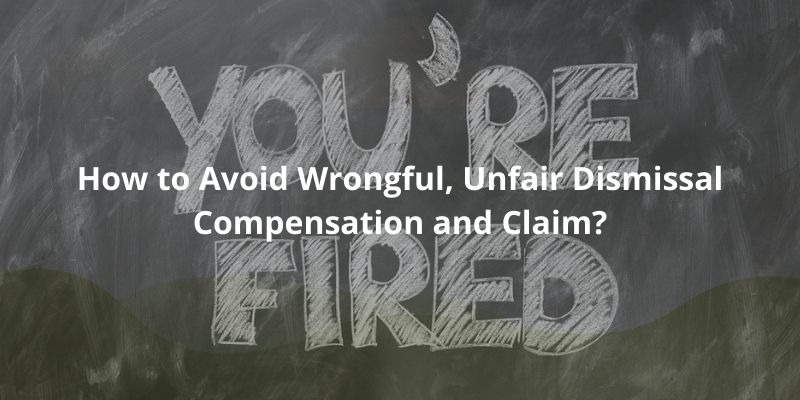
5 Jul 2020
7 min read

25 Jun 2020
7 min read

12 Jun 2020
9 min read

11 Jun 2020
9 min read

9 Jun 2020
9 min read

8 Jun 2020
8 min read

4 Jun 2020
5 min read

4 Jun 2020
8 min read

2 Jun 2020
10 min read

28 May 2020
13 min read

25 May 2020
8 min read

1 May 2020
10 min read

1 Apr 2020
6 min read

1 Mar 2020
11 min read

1 Feb 2020
11 min read

8 Jan 2020
9 min read

1 Jan 2020
1 min read

10 Dec 2019
7 min read

26 Nov 2019
8 min read

5 Nov 2019
5 min read

24 Oct 2019
3 min read

1 Oct 2019
1 min read

1 Oct 2019
1 min read





